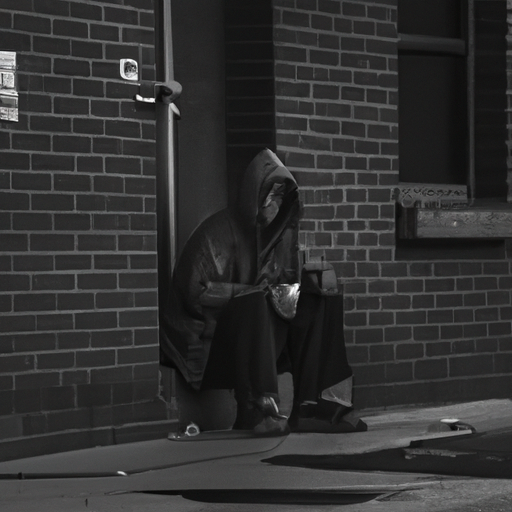The Opioid Crisis in Canada: A Growing Public Health Concern
As Canada faces an escalating opioid crisis, a profound understanding of the issue’s gravity, scope, and possible solutions is essential for civic and community leaders. This blog post delves into the current Canadian opioid crisis and explores opportunities for policy and community intervention using information provided by the University of Calgary in the useful guide accessible here.
The Impact of the Opioid Crisis
The opioid crisis poses a significant public health and socio-economic challenge in Canada. The situation has reached a critical level with an alarmingly high rate of opioid-related deaths, hospitalizations, and socio-economic implications. The issue goes beyond the health sector, impacting areas such as homelessness, crime, and public service.
Opioids and Homelessness
The intersection between opioid use and homelessness is glaring. Homeless individuals are particularly vulnerable to substance use disorders, including opioid addiction. Such individuals often use drugs as coping mechanisms for their harsh realities, leading to addiction and exacerbating their already precarious living conditions. As a result, the opioid crisis indirectly contributes to the cycle of homelessness in Canada.
Opioids and Crime
In addition, the opioid crisis has triggered an upsurge in crime rates. Substance addiction often pushes individuals into illegal activities to sustain their drug habits. Drug-inflicted individuals may resort to theft, burglary, and violence, posing a significant concern for community safety and lawfulness.
Efforts to Combat the Opioid Crisis
In response to the opioid crisis, various initiatives have been implemented on governmental, community, and individual levels. Two noteworthy efforts include the Canada-wide distribution of naloxone kits and the Canadian opioid abatement class action.
Naloxone Kits
In a bid to decrease opioid-related fatalities, health authorities across Canada have actively promoted the availability and use of naloxone kits. Naloxone is a life-saving medication that can rapidly reverse an opioid overdose. By broadening access to naloxone, it’s hoped that more lives can be saved from opioid overdoses.
Canadian Opioid Abatement Class Action
The Canadian opioid abatement class action represents another milestone in the struggle against the opioid crisis in Canada. This class action intends to hold pharmaceutical companies accountable for their role in the opioid epidemic, seeking financial compensation to fund necessary public health responses and interventions.
Key Points
- The Canadian opioid crisis is a prevalent public health and socio-economic issue affecting numerous sectors.
- Homeless individuals are more susceptible to developing opioid addictions, thus contributing to the cycle of homelessness in Canada.
- The opioid crisis has fueled a rise in crime rates as addiction often pushes individuals into illegal activities.
- Efforts to counteract the opioid crisis include policy initiatives such as the distribution of naloxone kits and the Canadian opioid abatement class action.
To summarize, the Canadian opioid crisis constitutes a significant challenge, affecting an array of sectors and communities. However, acknowledging the crisis’s multifaceted effects and embracing comprehensive strategies offers hope for tackling this issue. Both the distribution of naloxone kits and the Canadian opioid abatement class action represent noteworthy steps to curbing the opioid crisis in Canada, emphasizing the role of combined efforts to address and mitigate this pervasive issue.
